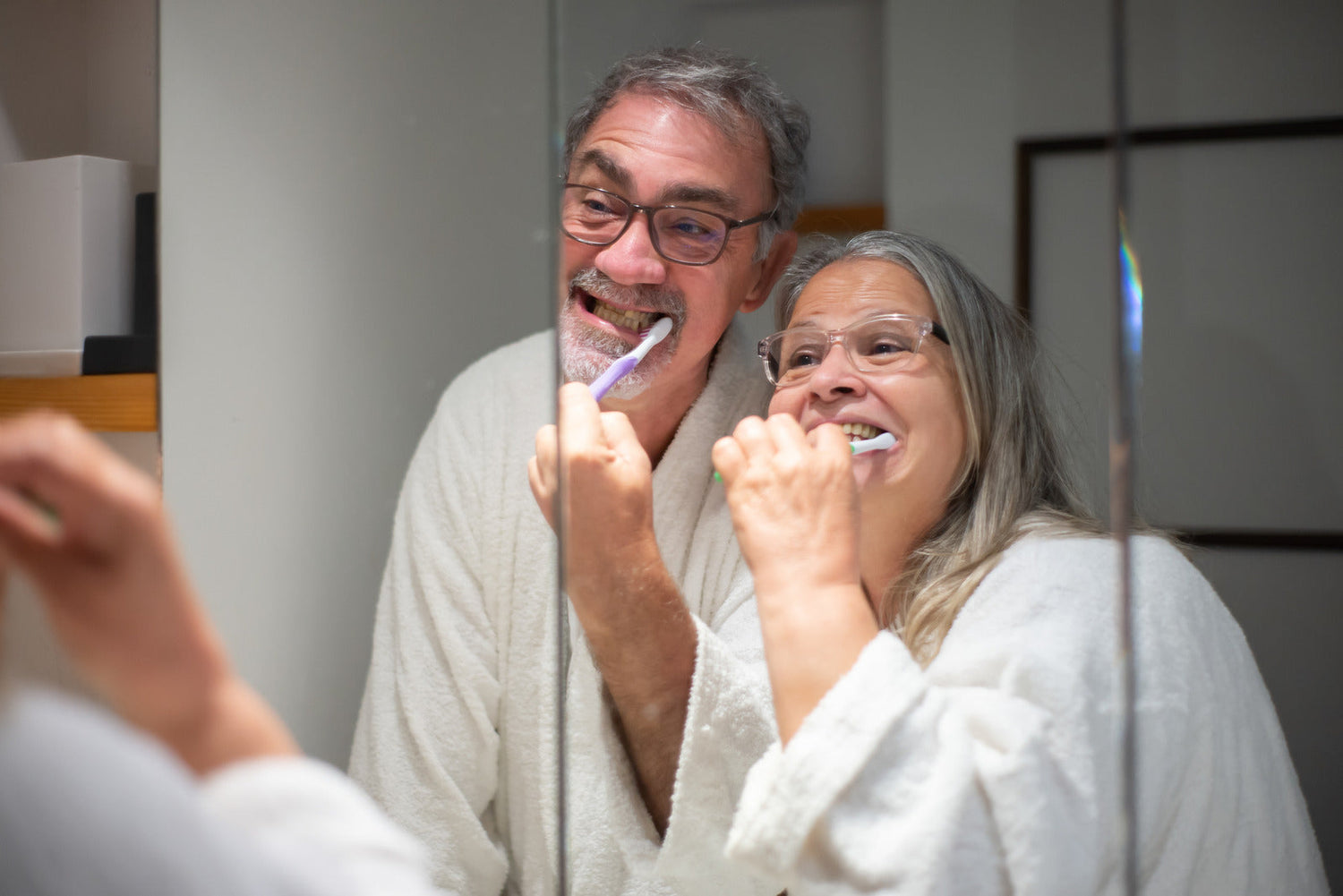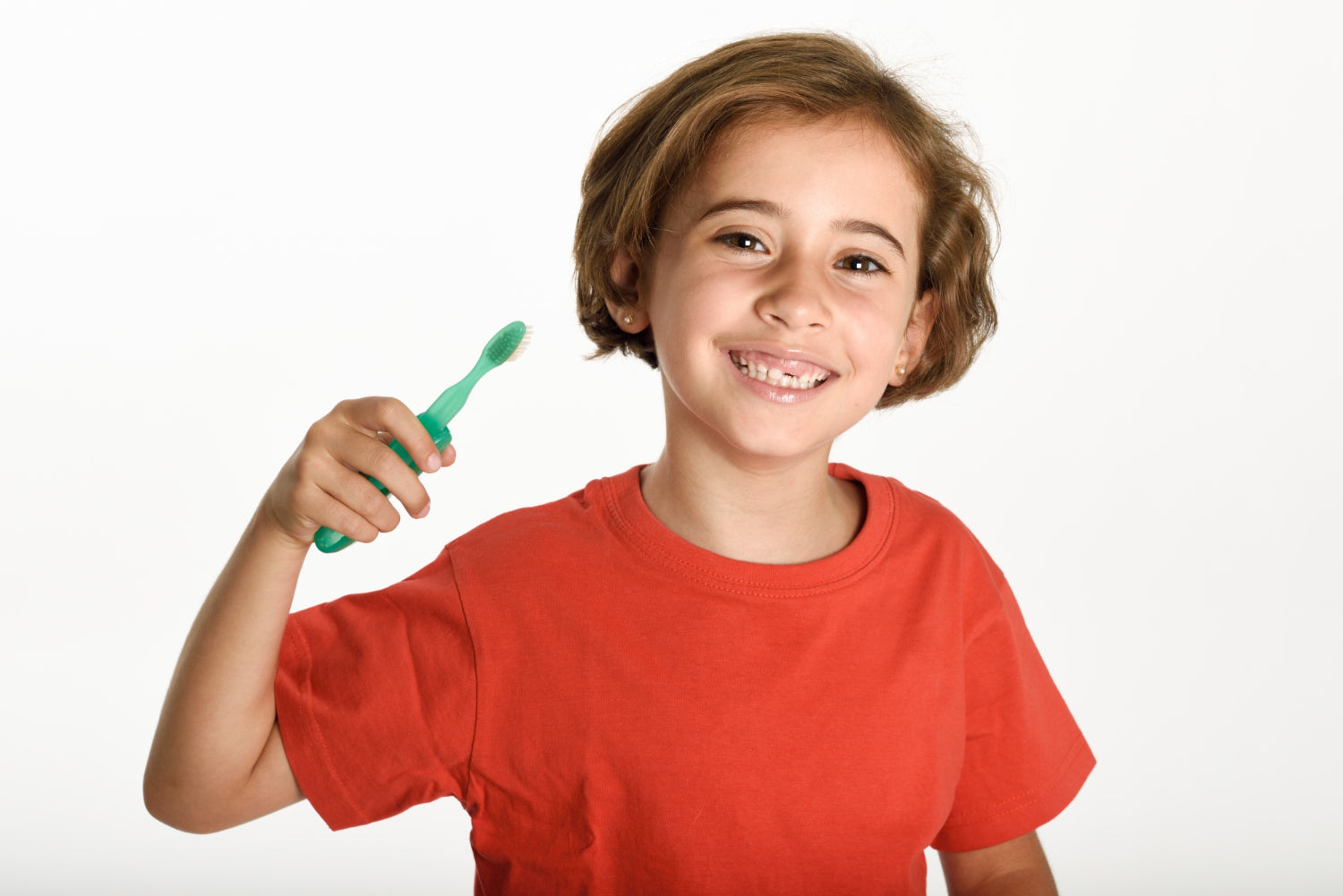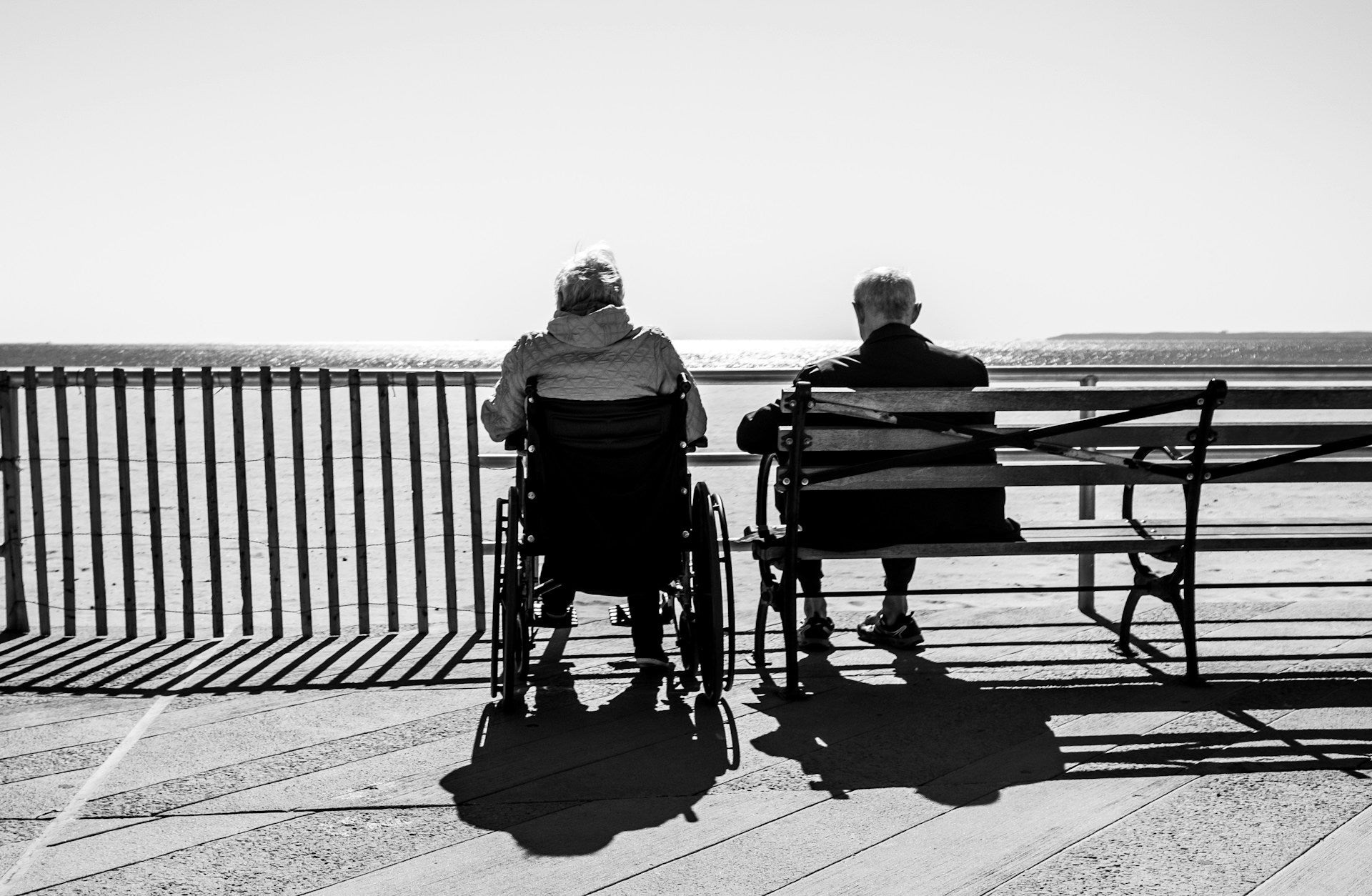Anyone who has their own complete set of teeth into old age can consider themselves lucky. Over time, one or the other tooth is often lost, but this should never tempt you to neglect dental care. On the contrary!
Due to the natural aging process, teeth need more care than in younger years. This is true even if you hardly had any problems with your teeth in the past.
Why is this so?
There are oral and dental diseases that occur more frequently in people over 50, for example periodontitis. Data from an oral health study show that from the age of 35, about half of people are affected by the dangerous gum inflammation, and for seniors it is 90 percent. The cause of periodontitis is bacteria.
Incidentally, these bacteria are not only dangerous for the teeth and gums, but can also be a burden on general health. Bacteria-caused diseases of the heart, blood vessels and lungs can even lead to sepsis in people with a weak immune system.
Oral hygiene in old age: particularly important because of frequent dry mouth
The fact that bacteria have an easy time with increasing age is also related to frequent age-related dry mouth. Basically, saliva fulfills important functions in the oral cavity. After eating, for example, saliva rinses the teeth to reduce the formation of bacteria. In addition, the antibacterial properties of saliva reduce bacterial growth.
It is estimated that about one-third of people over 60 suffer from dry mouth, and as many as half of those over 80. A common reason for dry mouth in the elderly is the use of medications, which can trigger drug-induced dry mouth. In addition, seniors often drink less or spend a lot of time in overheated rooms. Both of these factors promote a dry mouth.
Helping against dry mouth:
Drink plenty: preferably water or unsweetened tea.
Avoid extremely sour, strongly spiced and very sweet foods.
Suck sugar-free candies or chew gum
Suck small ice cubes
Check medications to see if a change might be possible
In severe cases, ask at the pharmacy for artificial saliva
In old age, tissue changes also occur in the oral mucosa, which must be treated by a dentist. The dentist can also help with pressure points caused by ill-fitting dentures and inflammation caused by fungal diseases.
Oral hygiene in old age: Why electric toothbrushes are recommended for older people
You cannot change the fact that teeth and mouth are more susceptible to disease in old age. But you can and should pay attention to good oral hygiene, because there is an interplay between the teeth and the entire organism. So when you take care of your teeth, you are actually taking care of your entire body.
As we age, some seniors find it more difficult to maintain careful oral hygiene because, for example, their eyesight is failing or their fine motor skills are limited by arthritis.
Switching to an electric toothbrush is recommended for the 60+ generation because the electric toothbrush is easier to handle thanks to its thicker handle and relieves the user of the brushing movements. The brush only needs to be moved systematically over the teeth with light pressure. In addition, an electric toothbrush is more forgiving of brushing errors.
Regular professional tooth cleaning is also advisable, ideally in combination with a visit to the dentist, so that caries or gum problems can be detected and treated at an early stage.




Leave a comment
All comments are moderated before being published.
This site is protected by hCaptcha and the hCaptcha Privacy Policy and Terms of Service apply.